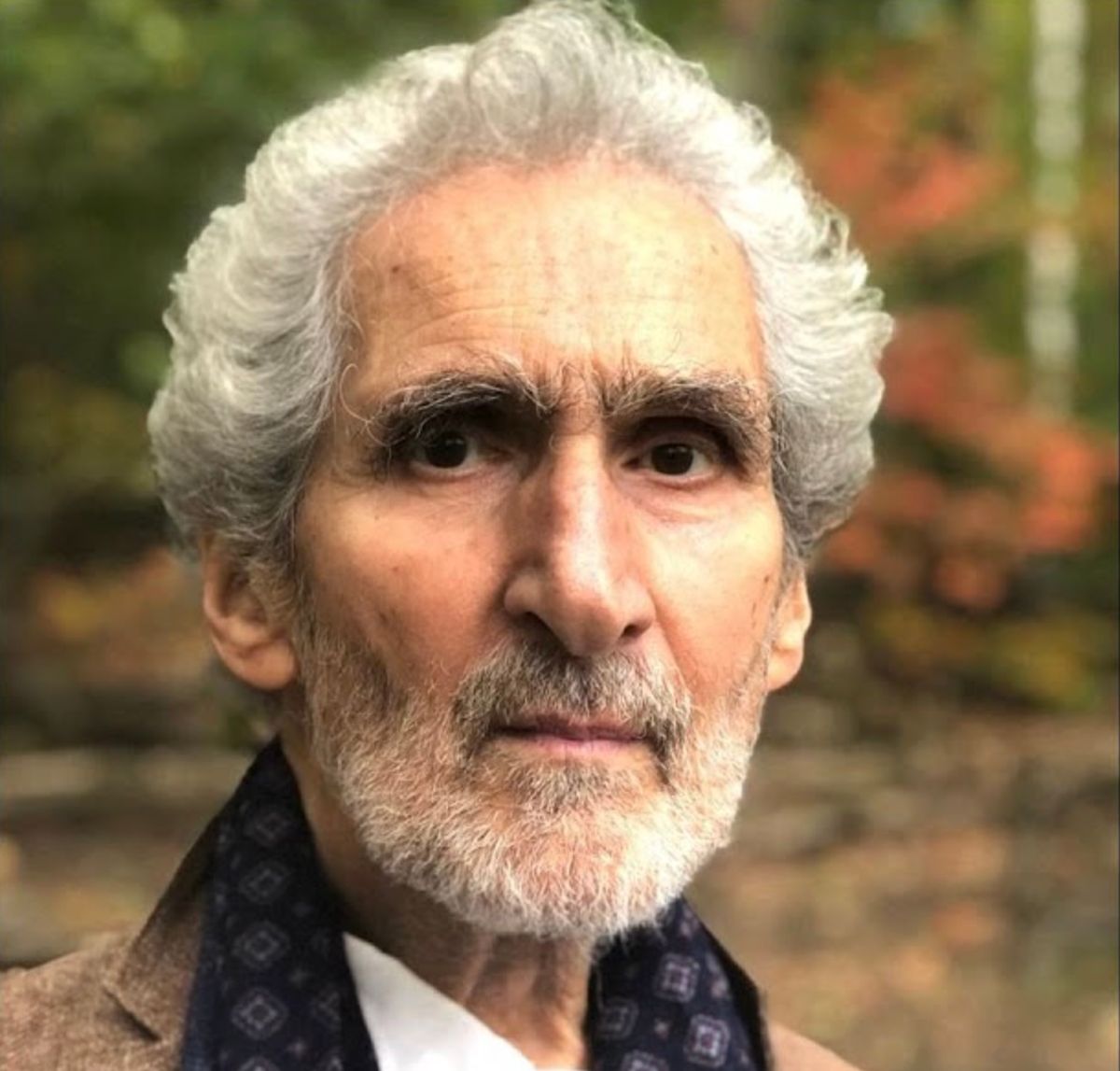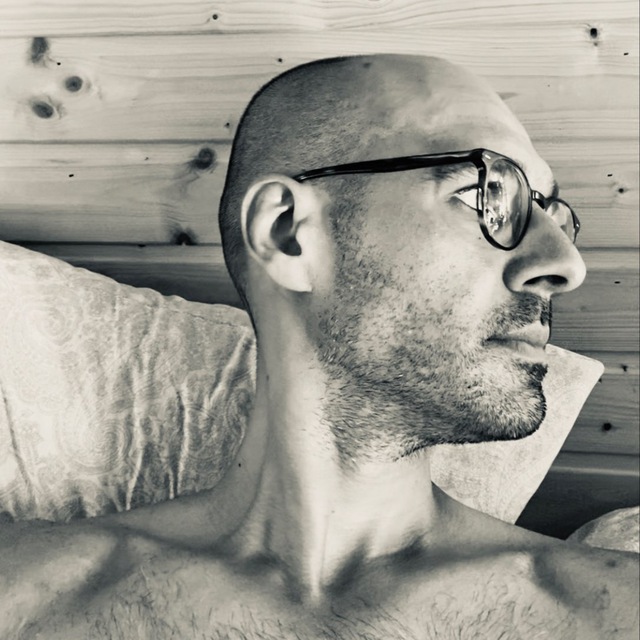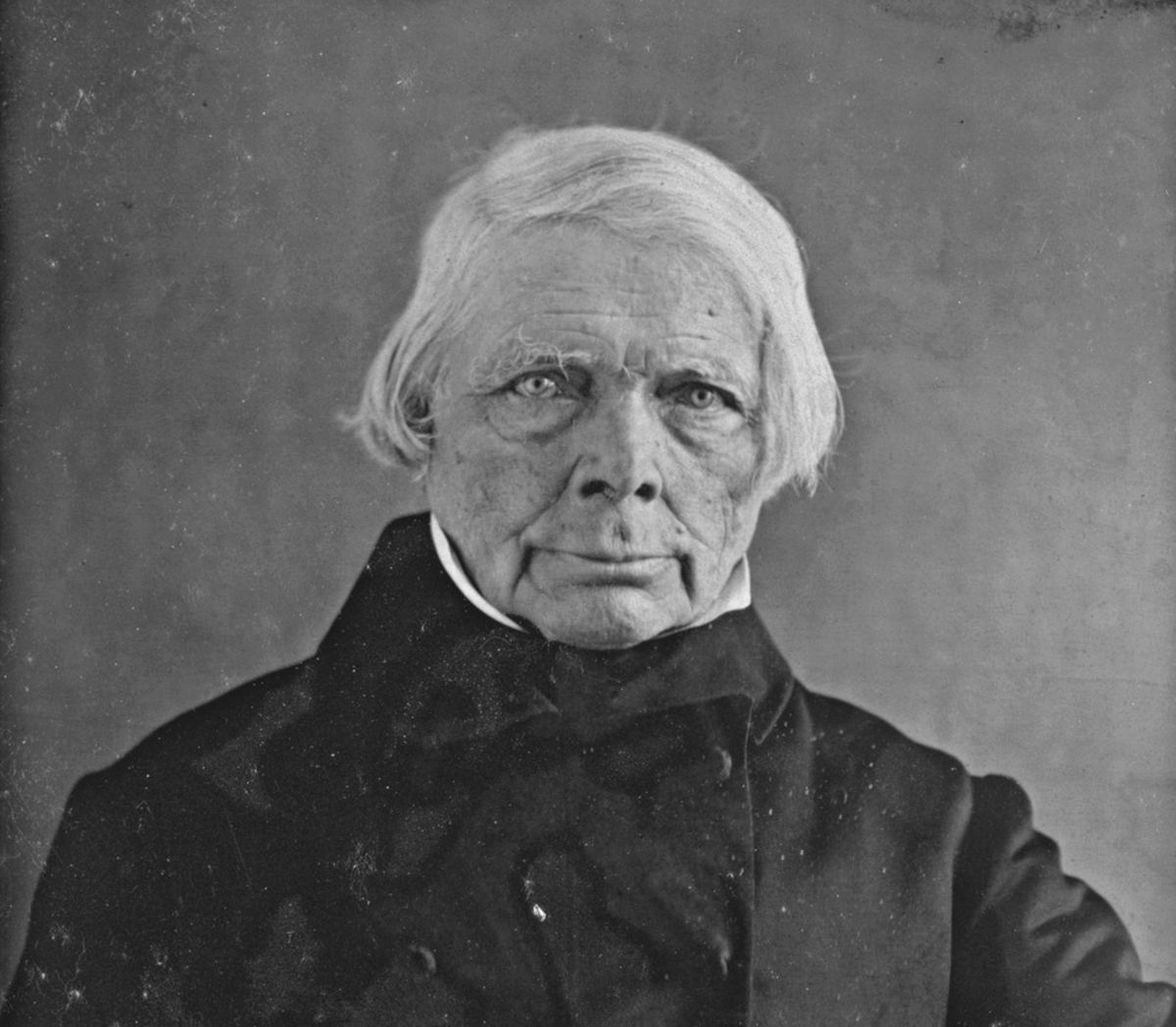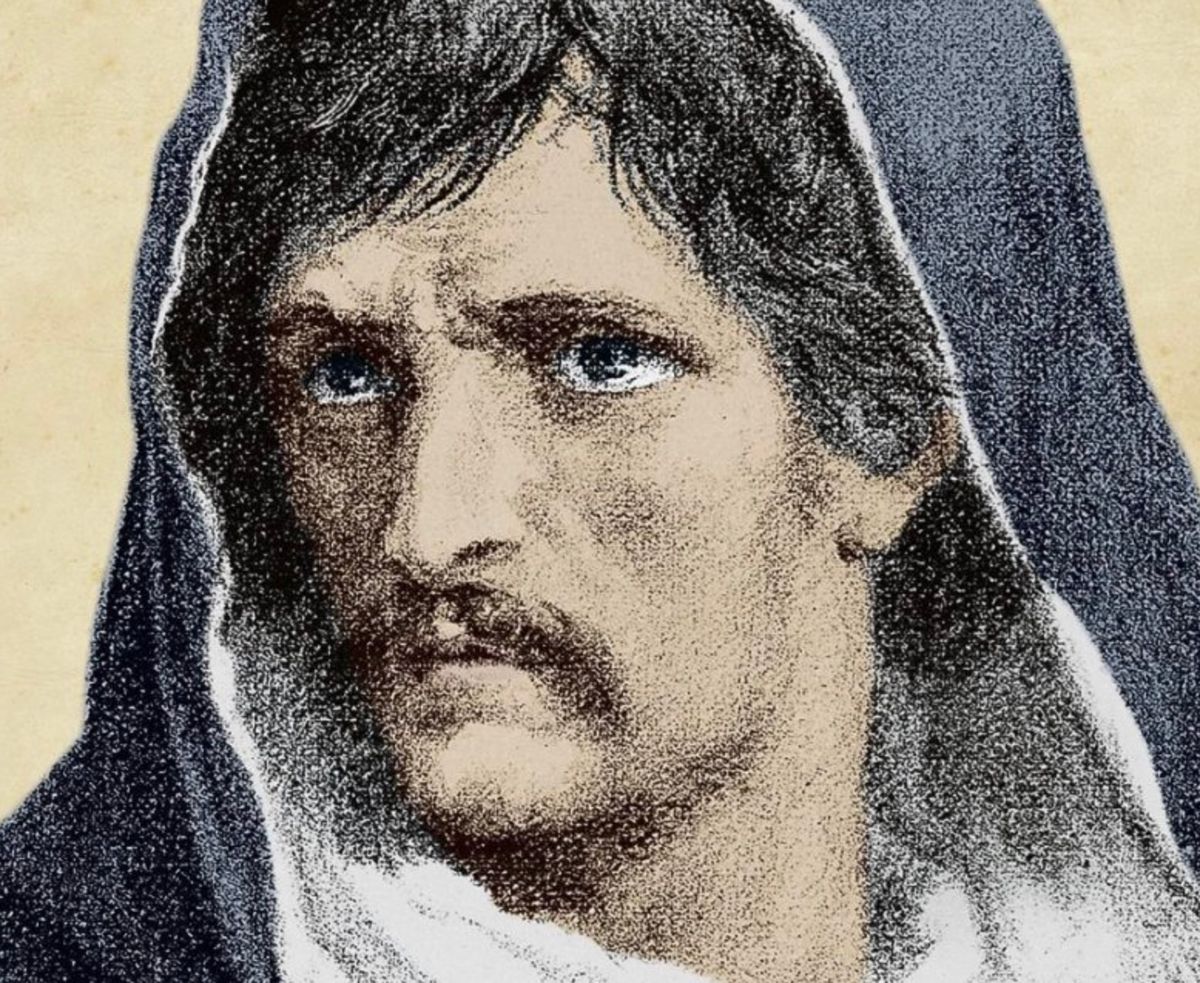Comments
Check out our elevator pitch or sign in
Next Up...
Jochen Kirchhoff's central thoughts
From this lecture on his YouTube channel.

Trust, Doubt, and Effort: The Fundamental Human Attitude
Kirchhoff begins with a reflection on trust in the world order, as Thomas Schmeusser impressively articulated in his lecture. For Kirchhoff, trust is a central anchor in our lives, comparable to Goethe’s trust in the natural order. However, this trust should not be understood in isolation, but as part of a triad described by the Zen master Hakuin:
Trust – the fundamental conviction that a path or order exists to which we can adhere. Without trust, any effort would be in vain.
Effort – tireless dedication, commitment, and action. Without effort, trust remains inactive, but excessive effort can lead to exhaustion or rigidity.
Doubt – critical reflection on one’s own beliefs to avoid hubris and blind actionism. Doubt must not dominate but is necessary to create balance.
Kirchhoff emphasizes that these three factors must interact in a dynamic balance. The interplay of trust, effort, and doubt is described as essential for a mature, consciously acting humanity.
Cosmic Meaning, Meta-Level, and Self-Transcendence
Kirchhoff criticizes modern empirical meaning research (as conducted by Tatjana Schnell) for excluding the “cosmic meaning.” He deliberately ventures into the meta-level, that is, a spiritual-cosmic perspective on life and the universe. This perspective assumes that:
Life and the universe possess a deeper meaning that is not purely empirically measurable.
Humans are situated within a cosmic order and influenced by a higher consciousness or intelligence.
Self-transcendence – surpassing purely personal or everyday consciousness – is central to recognizing this higher order.
In this way, he connects spiritual experience with a form of philosophical cosmology that situates both the individual and the universe in an organic whole.
Human Beings in the Cosmos: Dignity, Responsibility, and Memory
Kirchhoff emphasizes that human existence is not accidental but possesses a cosmic dignity. Key points:
Cosmic Anthropos: an ideal, higher form of humanity serving as a reference point in his philosophy.
Human-Cosmos Relationship: Human existence is embedded in a living, spiritually-cosmic order (not merely physical, but also mental).
World Soul: The individual soul is part of a universal consciousness that permeates all space, enabling genuine encounter and understanding among humans.
Memory (“Anamnesis”) as a Source of Knowledge: Humans carry within them the cosmic laws and wisdom of the universe and can remember them. This memory forms the basis for creative thinking, art, science, and spiritual experience.
Cosmic Responsibility: Humans are not merely recipients but actors—they have a duty to consciously shape the world and act with dignity.
Cosmology, Light, and Radial Field Theory
A central theme for Kirchhoff is the critical engagement with modern physics and cosmology:
Radial Field Hypothesis: All celestial bodies emit energy radially, not as hot glowing gas spheres, but as cold, solid bodies radiating spatial energy.
Cosmic Vitality: This energy permeates the universe and creates an “all-livingness” (Gaia everywhere).
Critique of the Big Bang Model: Kirchhoff regards many conventional physics models as implausible or speculative because they cannot be truly verified.
Light as an Anthropological Question: Light should not only be understood physically but also internally and externally—as an expression of cosmic reality and consciousness.
Here he combines natural science with philosophy and spirituality: Physical phenomena mirror human consciousness, and the universe responds to our perception.
Consciousness, Self, and Higher States
Kirchhoff emphasizes that:
The self can only be truly understood from the perspective of the cosmos and the world soul.
Transpersonal states of consciousness (as described by Dante, mystics, or modern spirituality) provide access to deeper knowledge of the universe and the cosmic order.
Consciousness is embedded in a cosmic context: We recognize other humans as part of the same world soul, which grounds dignity and ethical responsibility.
Science vs. Spirituality
He distinguishes clearly between:
Science: methodological atheism, strict observation, reproducibility, empirical data, abstract models. It is local, technical, and limited.
Spirituality: meaning and spirit, metaphysical dimensions, universal consciousness. It complements, questions, and expands scientific models.
Kirchhoff seeks to integrate both perspectives: a science with a spiritual component that perceives the cosmos not merely as a mechanical system but as living and conscious.
Critique of Modern Physics and History of Science
Many common models, such as the Big Bang, Higgs particle, or gravitational waves, are based on assumptions that are not definitively verifiable.
Science is often socially and politically influenced: Certain theses are promoted or suppressed.
Historical perspective: Earlier models (geocentric system, epicycles) were precise and calculable but fundamentally incorrect. Kirchhoff calls for critical reflection on one’s own epistemological assumptions.
Conclusion: Philosophy, Cosmology, and Spirituality as a Unity
Jochen Kirchhoff integrates in his thinking:
Trust, effort, and doubt as a personal attitude.
Cosmic responsibility and human dignity.
Cosmic vitality and light as a physical-spiritual phenomenon.
Consciousness and the world soul as keys to knowledge.
Integration of science and spirituality, critical engagement with established models.
The goal is a holistic view in which humans, the cosmos, consciousness, and science are understood as an inseparable unity.
 Andreas
AndreasSchelling's Ten Main Points

The universe is an absolute organism.
The whole and every part are organic.
Everything in the universe is ensouled – life permeates everything.
Spirit is the organizing principle of the cosmos.
The absolute organism is a manifestation of the Divine.
All things are contained in God.
The universe is God's self-revelation – his self-intuition and self-knowledge.
Human reason partakes in the divine spirit.
The substance of things is the unity of subject and object.
Knowing and being are identical.
What is known is simultaneously part of the knower.
The real and the ideal, being and consciousness, are inseparable.
The world unfolds as a dynamic sequence of stages.
Development from the so-called inorganic (which as such does not exist) to the organic.
Nature is a living, evolving context – an evolutionary process.
All existence is becoming, nothing is rigid.
Natural events are a dialectical process.
Becoming happens through opposites.
Everything that appears solid is only an expression of inhibited forces.
Matter is a "vortex" of energy or spirit.
In this context, Schelling also sees the basis for electromagnetism.
The world is the self-affirmation of the absolute spirit.
Being is an expression of the divine will.
"Willing is primal being" – the will is the deepest reality.
Herein lies the origin of the later "world-will" in Schopenhauer.
Creation is not a one-time act, but an eternal process.
The world is continually coming into being.
The physical is real, but not the whole reality – there is a deeper spiritual dimension.
Everything is an expression of a living, constantly renewing creation.
The totality of the universe: unity in infinity.
Gravitation (heaviness) is the striving of all things towards the infinite substance.
The goal of the world process is the return of the finite into the Absolute.
The cosmos is ordered towards the self-knowledge of spirit – a teleological process.
Knowledge as recollection (Anamnesis).
Connection to Plato: knowledge is recollection of the spirit's primordial knowledge.
Philosophy is recollection of what the I already knew in the divine primordial ground.
Knowledge means return to oneself.
The human as co-creator and redeemer of nature.
The human bears responsibility for the spiritual perfection of nature.
Freedom is not merely arbitrariness, but the capacity for good and evil.
The human can "redeem" nature by leading it to itself through consciousness.
 Andreas
AndreasJason Reza Jorjani - Part One: Escaping the Prison Planet
✦ The future of philosophy What is the nature of our computational cosmos
✦ Are we inside a simulation
✦ Is Ai conscious
✦ Can we edit our reality with our thoughts
✦ Is this world an escape room or a prison planet
✦ What is our best chance to escape
✦ Are Reptilians an early iteration of humanoid worker-class on earth
✦ Who are these Nordic controllers that are manipulating our reality
✦ How they are connected to Greek Gods, Anunnaki, Atlanteans and future Humans
✦ Is an extinction-level catastrophe coming in the near future
✦ Will Atlantis rise again
✦ And much, much more!
 Andreas
Andreas